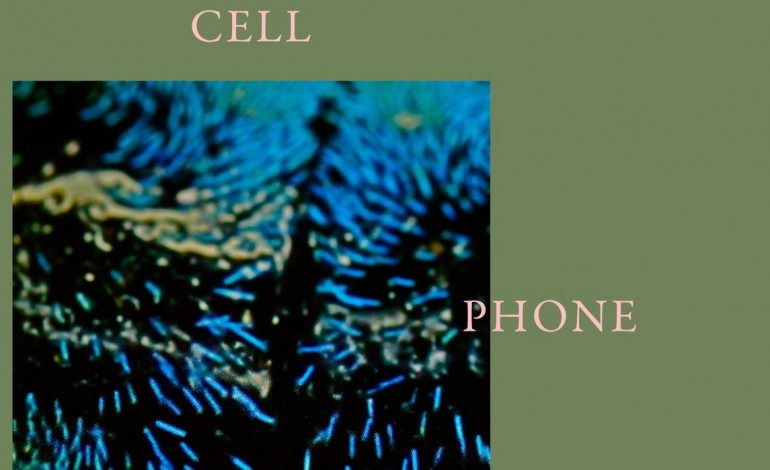

A Less Dissonant Sound
Omar Rodriguez-Lopez has released another record. Of course, this should come as a surprise to no one. Starting in August, Ipepac Records began gradually putting out unreleased material from Rodriguez-Lopez’s solo catalog. Cell Phone Bikini marks the seventh installment in this twelve-part series. And for any listeners who have grown weary of Rodriguez-Lopez’s abrasive, idiosyncratic sound, his newest release offers something different.
The six albums that preceded Cell Phone Bikini pulled from a wide variety of stylistic influences. Some employed delicate, acoustic instrumentation (e.g. Corazones and Umbrella Mistresses), while others embraced the frenzied dissonance that we have come to expect from Rodriguez-Lopez. Cell Phone Bikini can be placed somewhere in between these two extremes. Its offerings range from strikingly lethargic to downright frenetic. And while Rodriguez-Lopez’s signature brand of dissonant guitar noodling is present throughout the entirety of the album, he also manages to produce some digestible moments. “Childless Mothers,” “Holding Hell” and “Suerte y Aire” capture relatively delicate soundscapes. Notably, these songs exclude drums, leading to some wonderfully subdued tones. Furthermore, while—predictably—certain dissonances do exist, both the album’s opening and closing acts represent uncharacteristically consonant tracks for the guitarist.
In “Amarillo,” the tempo finally revs up, with a rhythm section making its first appearance. This energy continues into “Sell Myself In,” which features some exciting guitar solos and riffs. Later on, the up-tempo “Truth Binds Us,” originally recorded as a Mars Volta demo, flaunts Rodriguez-Lopez breakneck fretwork, plus drummer Deantoni Parks and bassist Juan Alderete de la Peña’s impressive rhythmic accompaniment. While these frenzied bits do embrace some of the same eccentric flavors that have always characterized Rodriguez-Lopez’s work, Cell Phone Bikini is, by and large, less turbulent than some of his more adventurous efforts—take, for example, his previous album, El Mal y Bien Nos Une. Structurally, the album maintains relatively static rhythms and harmonies, instead focusing on injecting its songs with dizzying blends of musical texture. For example, “Wolf” and “Kisses Are Fishes” maintain the same harmonic progression throughout their collective entirety. To keep the listener’s interest, subtle guitar tapping, bass kicks, synth drones and vocal wailing are gradually introduced to the sonic environment, before finally culminating in a rousing chorus of cymbals.
However, Rodriguez-Lopez cannot completely shed his more avant-garde tendencies. While Cell Phone Bikini plays as a largely consonant album, some intensely dissonant moments prevent it from escaping the abstruse “experimental” label. The verses in “To My Fallen Head, I’m A Piece of Paper” are so nauseatingly discordant that one may wonder whether Rodriguez-Lopez was deliberately trying to capture the most unpleasant sound imaginable.
Regardless, Cell Phone Bikini is a surprisingly digestible ORL offering. For the most part, its songs are palatable enough for the casual rock listener. The inclusion of Teri Gender Bender on vocals helps the album to attain a slightly less jarring, yet equally vivacious, sound. And Cell Phone Bikini’s quieter moments nicely compliment the unbridled dynamism of the album’s more upbeat tracks. Yet, at a mere thirty-three minute length spanning nine tracks, Rodriguez-Lopez’s latest release feels a bit too brief for its brighter moments to truly outshine its comparatively fleeting esotericism. With this in mind, Rodriguez-Lopez fans should definitely check out Cell Phone Bikini in its entirety, while initiates may be better off listening to some of the album’s more accessible offerings—e.g. “Truth Binds Us” and “Suerte y Aire”—before fully diving in.
